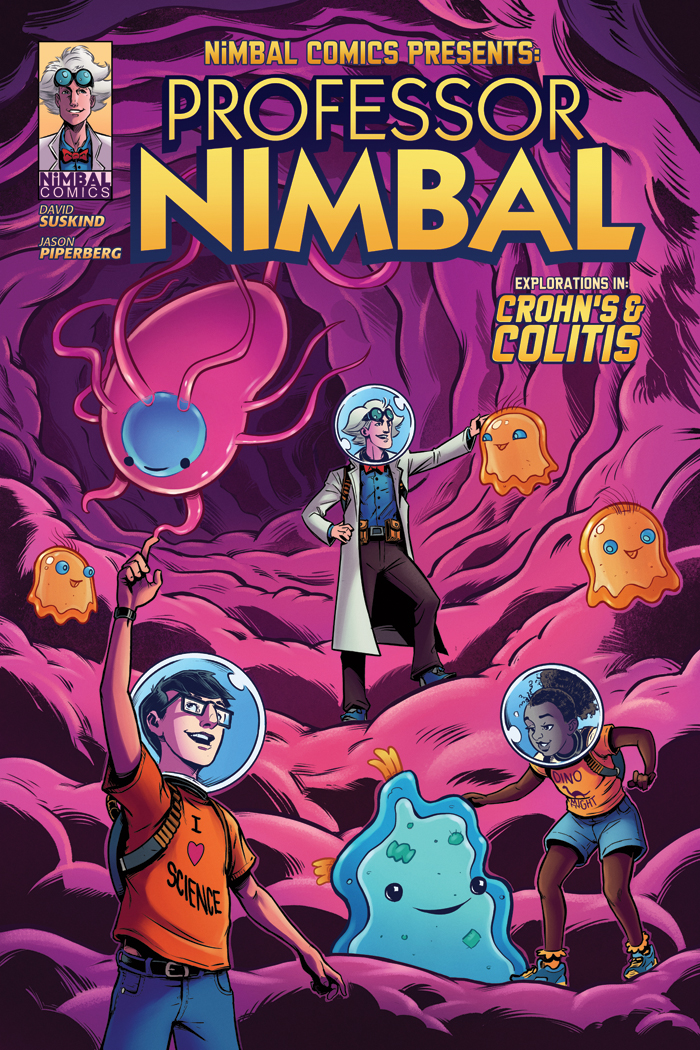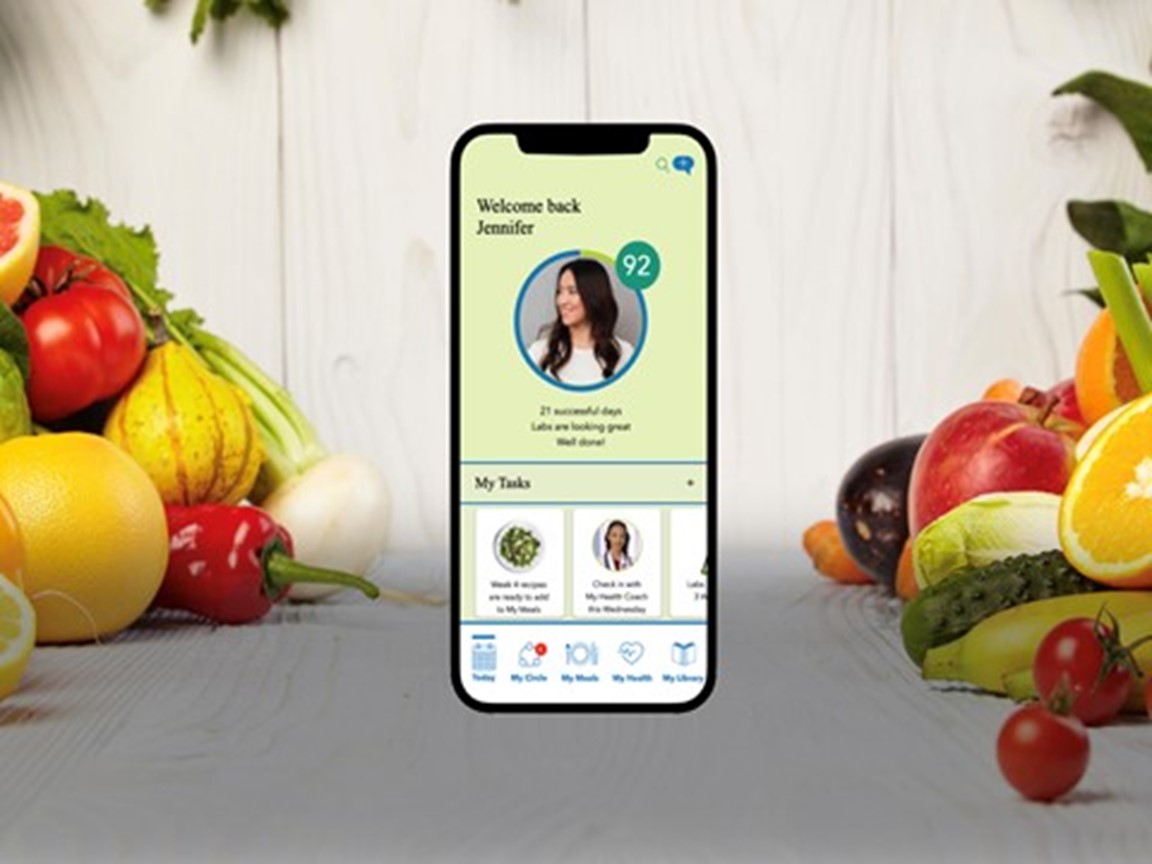Following dietary therapy can be challenging. The Specific Carbohydrate Diet has evolved over the years since Dr. Sydney Haas first reported on it. Since then we have learned much but there is still much more for us to learn. Below are foods that are allowed (legal) and foods that are not allowed (illegal) based off of Dr. Sydney Haas's initial description of the diet and Elaine Gottschal's Breaking the Vicious Cycle and our current research. In addition this food list includes up to date evidence based information on current research in foods.
A | B | C | D | E | F | G | H | I | J | K | L | M | N | O | P | Q | R | S | T | U | V | W | X | Y | Z
| Type of Food | SCD Approval | Explanation | NiMBAL Research |
| Kale | Legal | A member of the cabbage family. | Kale contains a phytonutrient which has been found to ameliorate colitis in an animal model. |
| Kefir | Illegal | Fermented milk. Contains a small amount of lactose. | Kefir reduced clinical symptoms and pro-inflammatory cytokines in an animal model with colitis. |
| Ketchup | Illegal | Commercially prepared ketchup contains sugar and is not allowed. | Commercial ketchup also contains carboxymethylcellulose, which has been linked to intestinal inflammation. |
| Kidney beans | Legal | May be tried when symptom free. If bought dry, the beans need to be soaked overnight. | While no studies have been conducted on kidney beans and IBD, antioxidant components of beans inhibited pro-inflammatory signaling pathways in an in vitro cell study. |
| Kimchi | Legal | Traditional Korean fermented cabbage. | Bacteria found in kimchi was shown to ameliorate colitis in an animal model. |
| Kiwifruit | Legal | Kiwifruit is a berry with green flesh and is originally from China. | A peptide found in kiwifruit was found to have anti-inflammatory and antioxidant capabilities in patients with IBD. |
| Kohlrabi | Illegal | Kohlrabi is a vegetable in the cabbage family, found in German and Vietnamese cuisine. | No studies have been conducted on the effects of kohlrabi on IBD. However, both green and especially red kohlrabi have anti-inflammatory and antioxidant properties according to this study. |
| Konjac | Illegal |
An edible tuber originally from China. The primary ingredient in shirataki and Miracle Noodles. |
While konjac supplementation caused an increase in anti-inflammatory bacterial species in this animal model, the prebiotic potential of this food may be too much for patients with IBD. |
| Kudzu (or kuzu) | Illegal | An edible, mucilaginous root which comes from the same plant as the weed sometimes seen on outdoor vegetation. |
Mucilaginous herbs contain starches which may negatively impact patients with IBD. However, in this study, fermented kudzu reduced inflammation and healed the intestine in an animal model of colitis through the action of its isoflavones. |
| Kumquats | Legal | A citrus fruit native to Asia. Rich in vitamin C. |
Vitamin C reduced oxidative stress and inflammation in a colitis-induced animal model. More research needs to be done on kumquats and IBD. |
| KyoGreen powder | Illegal | Contains multiple illegal ingredients, including FOS, brown rice, and chlorella. | Complex carbohydrates (such as FOS and rice) act as food for bacteria, leading to excessive fermentation and intestinal permeability. |



